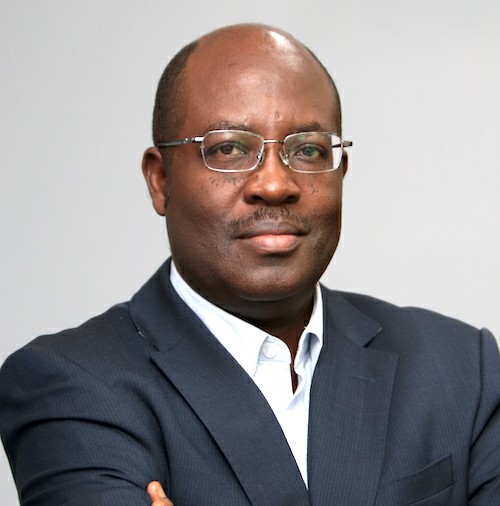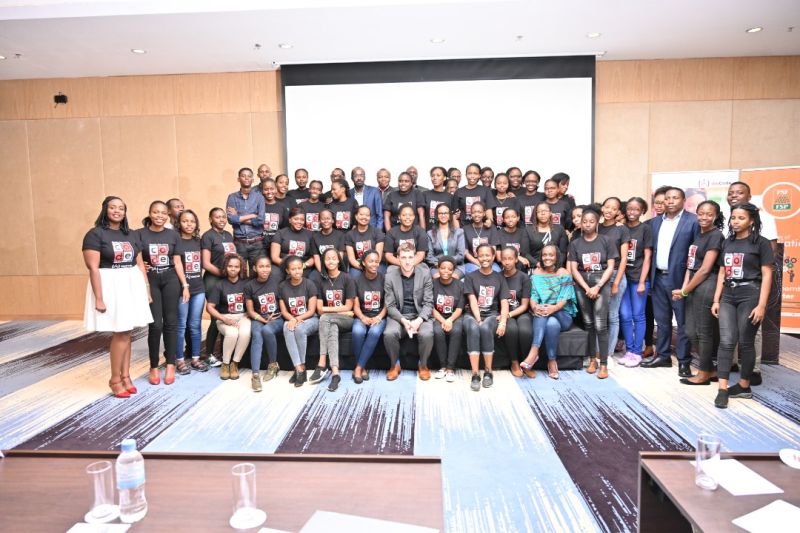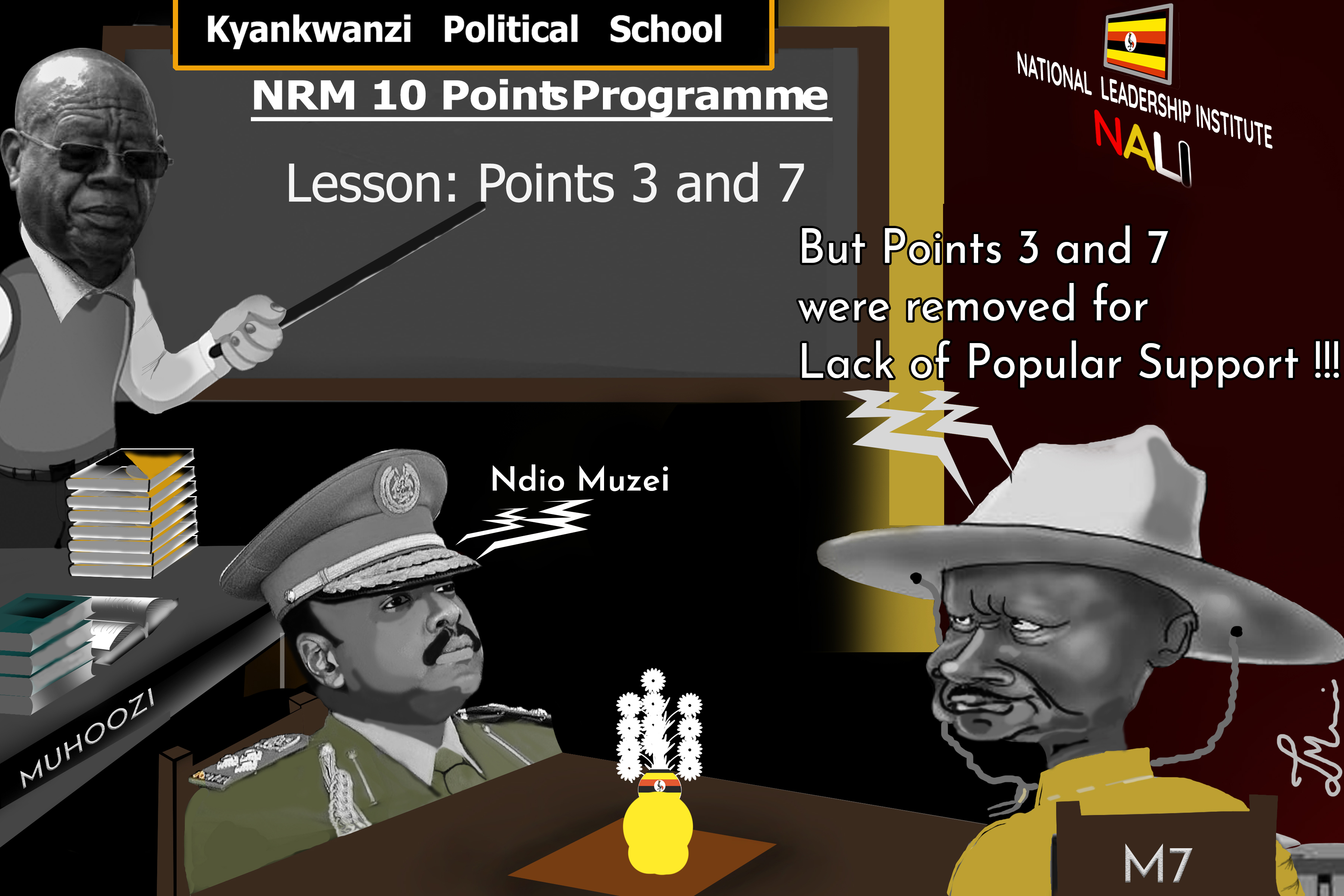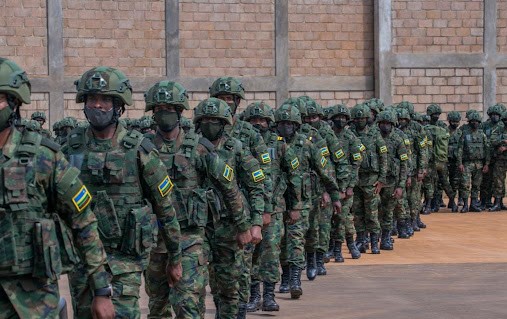Regional
We consulted SADC, AU before Mozambique deployment Rwanda Foreign Minister
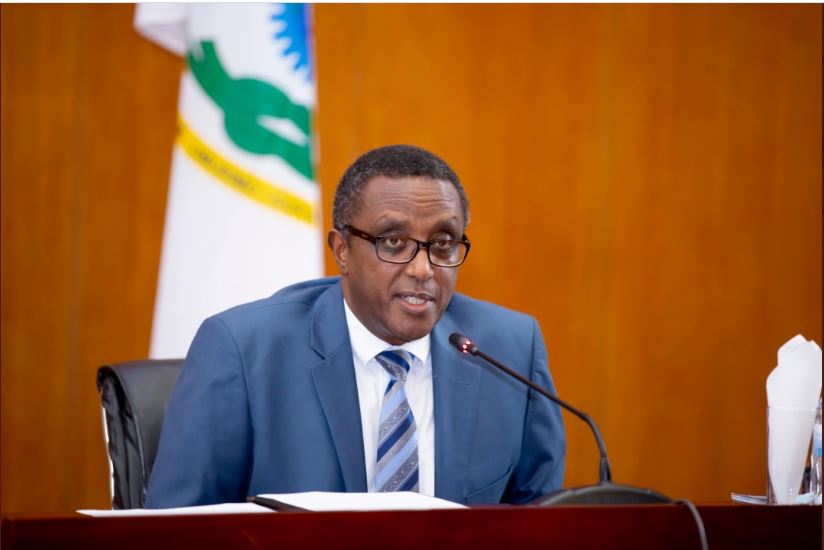
Rwanda's
Minister of Foreign Affairs, Dr. Vincent Biruta, on Thursday, July 29, told
reporters in the east African nation's capital, Kigali, that no country has a
problem with Rwandan troops' presence in Mozambique’s northern province of Cabo
Delgado where they are helping Mozambican forces purge an Islamic State-linked
insurgency.
He
indicated that it cannot be the case especially since Kigali - after being
invited by Maputo - consulted different stakeholders including the African
Union and countries in the 16-member Southern African Development Cooperation
(SADC) bloc before sending in its 1,000-strong joint military and police force,
on July 9, to battle the insurgents.
Dr Biruta was responding to a question about reports that some countries in SADC voiced concerns about Rwanda deploying ahead of them. Soon after Kigali started deploying its forces, the South African Defence Minister, Nosiviwe Mapisa-Nqakula, said that it was “unfortunate” that Rwanda had deployed its troops into Mozambique before SADC.
Dr.
Biruta reiterated that his country's deployment came at the request of
Mozambique and was based on the good bilateral relations between the two
countries.
He
said: “The deployment is also grounded in Rwanda’s commitment to the
Responsibility to Protect (R2P) doctrine and the 2015 Kigali Principles on the
Protection of Civilians… It is true (that) when we deployed in Mozambique, a
lot was said but we cannot attribute what was said to countries. These were
probably comments made in individual capacity."
“What
we can say is that before we deployed, we had consultations with different
stakeholders such as the African Union and concerned countries, particularly
those in SADC, and others like France, USA, Portugal and China, among others.
We did not just wake up one morning and decide to deploy. We consulted and
after that we went on to deploy."
During
an address to the nation last weekend, President Filipe Nyusi, the current SADC
Chairperson, noted that in Cabo
Delgado, terrorist incursions have already resulted in more than 2,000 deaths
of "our fellow citizens" while more than 817,000 other people are
displaced within the province itself as well as in the surrounding provinces of
Nampula, Niassa and Zambézia.
Backed
with the knowledge "that terrorism is a global phenomenon, with national,
regional and international consequences," Nyusi explained how, within the
scope of "our diplomacy," his government started contacts and shared
information with various international partners about the situation in his country,
in particular the situation of terrorism in Cabo Delgado.
"In
Southern Africa, we interacted with the leaders of the countries in the region,
mainly South Africa, Angola, Botswana, Malawi, Tanzania and Zimbabwe,
requesting their support," Nyusi said.
"We have established the same type of contacts with Kenya, Uganda and Rwanda, among other African countries, with experience in the fight against terrorism and characteristics not very different from ours. We always kept our partners informed during our participation in regional and International events."
The SADC Extraordinary Summit held on June 23, in Maputo, decided that SADC would deploy, by July 15, a contingent of the SADC Standby Force. But SADC troops only started trickling in this week.
"At
the same SADC Extraordinary Summit, it was decided that, in addition to
regional support, Mozambique had the prerogative of requesting support from any
bilateral partner, outside the region,
with priority for African countries, without ever neglecting the contribution
of other countries that currently provide us with support, which we value and
are grateful for. We shared this position with the leadership of the African
Union," Nyusi said.
"This
is how, in the framework of the exercise of our sovereignty, we requested
support from Rwanda for its experience and immediate availability in a
situation where, with each passing day, more innocent Mozambicans die and many
families live with pain in Cabo Delgado and Mozambique in general."
Nyusi
told the nation, there was no reason to fear the presence and intervention,
neither of the SADC Forces nor of the Rwandan contingent.
Insurgents being
killed, weapons captured
The
Rwandan Defence and Military Spokesperson, Col. Ronald Rwivanga, on Thursday,
noted that Rwandan and Mozambican forces have had an upper hand lately,
liberating major zones from the insurgents in the ongoing fight.
The
Colonel said: “Between the 24th and the 28th of July, we conducted operations
in a general area of Awasse. Four people were killed and a number of equipment
was captured; one RPG, one medium machine gun, three sub machine guns and an
assortment of medicines."
Two
more insurgents riding on a motorcycle were killed on the same day, July 24, in
an ambush between Mbau and Awasse. From the two, he said, the forces captured a
submachine gun, a pistol, 8 magazines and a laptop and documents in Kiswahili,
a fluent second language on the east coast of Africa in an area extending from
Kenya to the southern border of Tanzania in the south.
On July 26, he said, five other insurgents were killed at Awasse, while eight sub machine guns, two rocket-propelled grenades and a pistol were captured.
“On
the 28th of July, one insurgent was killed during an attack on our base. There
were no casualties on our side. We repulsed them and we captured two
rocket-propelled grenades and one submachine gun. While taking one of our
injured to hospital, we landed in an ambush but managed to break through and we
killed two. None of our soldiers was hurt in the ambush."



